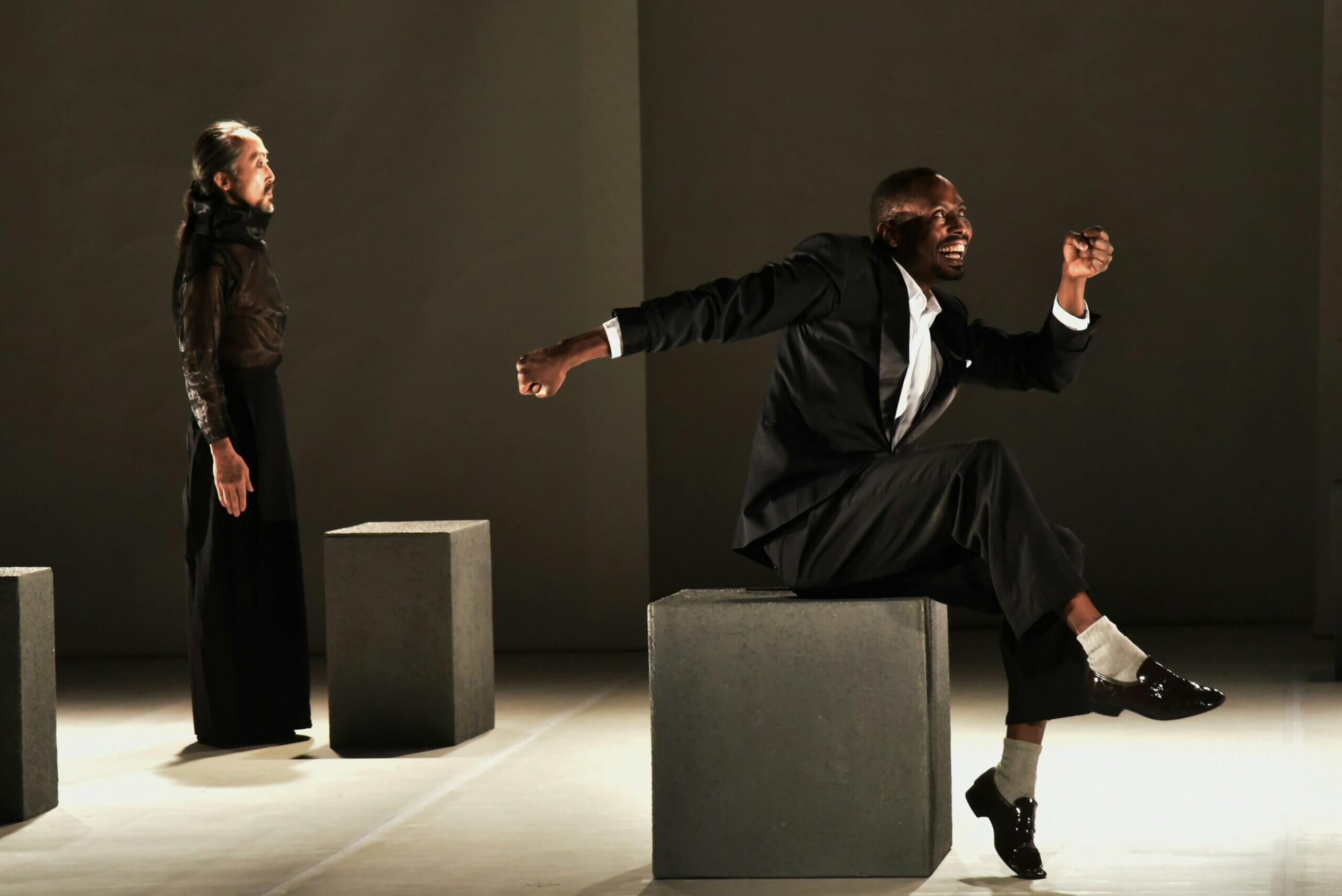Read This Before Working Your First Co-Star Role
You may have a number of series credits under your belt, or perhaps you’re new to working on professional TV sets. Jim Garrity, known for his work on shows such as Euphoria and L.A.’s Finest, falls into the former category. Garrity took some time in between a shoot and a number of auditions to sit down with Casting Networks and answer some questions that newer actors might have about working on set. The fear of the unknown may shadow your first time working in TV, and Garrity shared some of his own experiences, as well as things he learned along the way to help those just starting out.

Jim Garrity. Photo Courtesy of IMDb.com.
What was the biggest thing you learned from your first TV co-star role?
I’d consider my first TV credit to be a movie of the week called Inspector Mom, with Danica McKellar. I remember getting to set and really not knowing where to go, so the first thing I wish I had known is who I needed to ask for. I learned that you should start by asking where the AD [assistant director] trailer is, or just tell someone that you’re looking to report in. Most of the time, people will steer you in the right direction. Don’t be afraid to ask.
How would you advise actors who are new to taking direction on a TV set?
First off, some directors are hands-on, and some talk through the first AD. But basically, whoever’s giving you direction is the person you should be listening to and responding to. Keep in mind that with a co-star role, there’s really not a whole lot of interpretation. If it’s a one-liner, you’re basically pushing the story along, pointing the main character in the direction they’re supposed to be going, or just giving background information. With co-star roles, I’ve found that they often just want you to be able to say the lines and hit your mark. Have the mindset that it’s not about you.
How do you handle working opposite the lead?
For this one, I’ll pull from my first guest star role when I was on Castle opposite Nathan Fillion and Stana Katic. They were great to work with, but everybody’s there to do a job. On our way to set, Nathan and I ended up in the elevator together. We exchanged “hellos,” and that was it. I think you need to respect the leads and give them their space. Let them initiate the conversation. Ask the AD if you want a picture with them. Or if you approach them about it, always ask at the end of the day after the work is done. It’s usually not a problem, but never ask before or during the shoot. There’s just that protocol.
How do you maintain focus on set?
Don’t let the set overwhelm you. There’s a lot of moving parts with all the cameras and the lighting and the number of people that are on set. Remember that they want you to do well so that they can get their job done and go home. And learn from my experience on my first and only soap opera shoot. I was a day player and had my one line ready, but I was not prepared for the cameras to be moving around in the background. I’d consider myself a pretty observant person – if something’s in motion, it’ll catch my eye. So as they were shooting and the cameras started moving, I found myself speaking right into the camera. They finished the scene and were like, “Great. Let’s go again.” Dang it if the same thing didn’t happen a second time. “Moving on,” they called. [Laughs] So the takeaway is to be focused on the scene, on what you’re talking about, and on your scene partner. You’ve got to be able to block out everything else that’s going on around you.
Any tips for handling the downtime on set?
I did not realize how much downtime there would be, and it caught me off guard. I was worried that I was missing something and that I was not doing something I was supposed to. And yet, you just sit there, eating a lot of crafty and maybe putting on a few pounds. You usually end up talking with your other co-stars that are there. Don’t be afraid to talk to background actors – they’re there all day and wondering how to pass the time, as well.
How do you interact with crew members?
You’re essentially visiting somebody’s home when you’re on their set. Be polite, be yourself, and read the situation. Know when to back off if someone’s not interested in chatting. You may be talking to one of the ADs, and they seem to be engaged as they nod and smile at you. But then they turn away and respond to something that they’ve been listening to in their ear the whole time. It goes back to the fact that it’s not about you. Be easygoing, and just be friendly. Treat everyone like you want to be treated, and don’t force yourself on people.
What about worries that actors may have about working their first TV co-star role?
My mom always says, “Don’t borrow trouble.” Don’t worry if you’re not getting special attention because you might be doing your job just right. At the same time, don’t be concerned if you’re the only one getting notes. Your part might need to be done a certain way because it’s integral to the story. So don’t read into your direction or lack thereof. You’re there because they want you there. You can’t focus on things that are outside of your control. At the end of the day, if you do something different than what they wanted, they’ll just redirect you.
Thanks to Garrity’s advice, you can walk onto your first professional TV set without apprehension that you’ll do something wrong or misstep. Instead, you can feel the excitement of experiencing an important milestone in your career. And if you fall into the experienced actor category like Garrity, comment below any additional advice you have for new actors. Recalling one’s first co-star role is a good reminder that we all start somewhere.
This interview has been edited and condensed.
Follow us on Facebook, Twitter, and Instagram for breaking industry news and exclusive offers!




